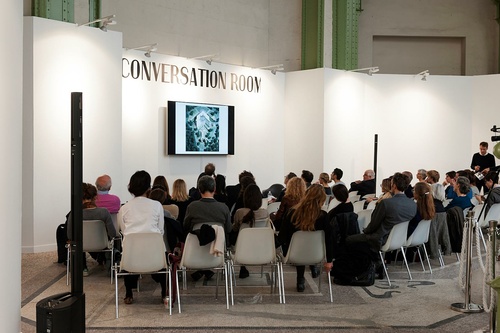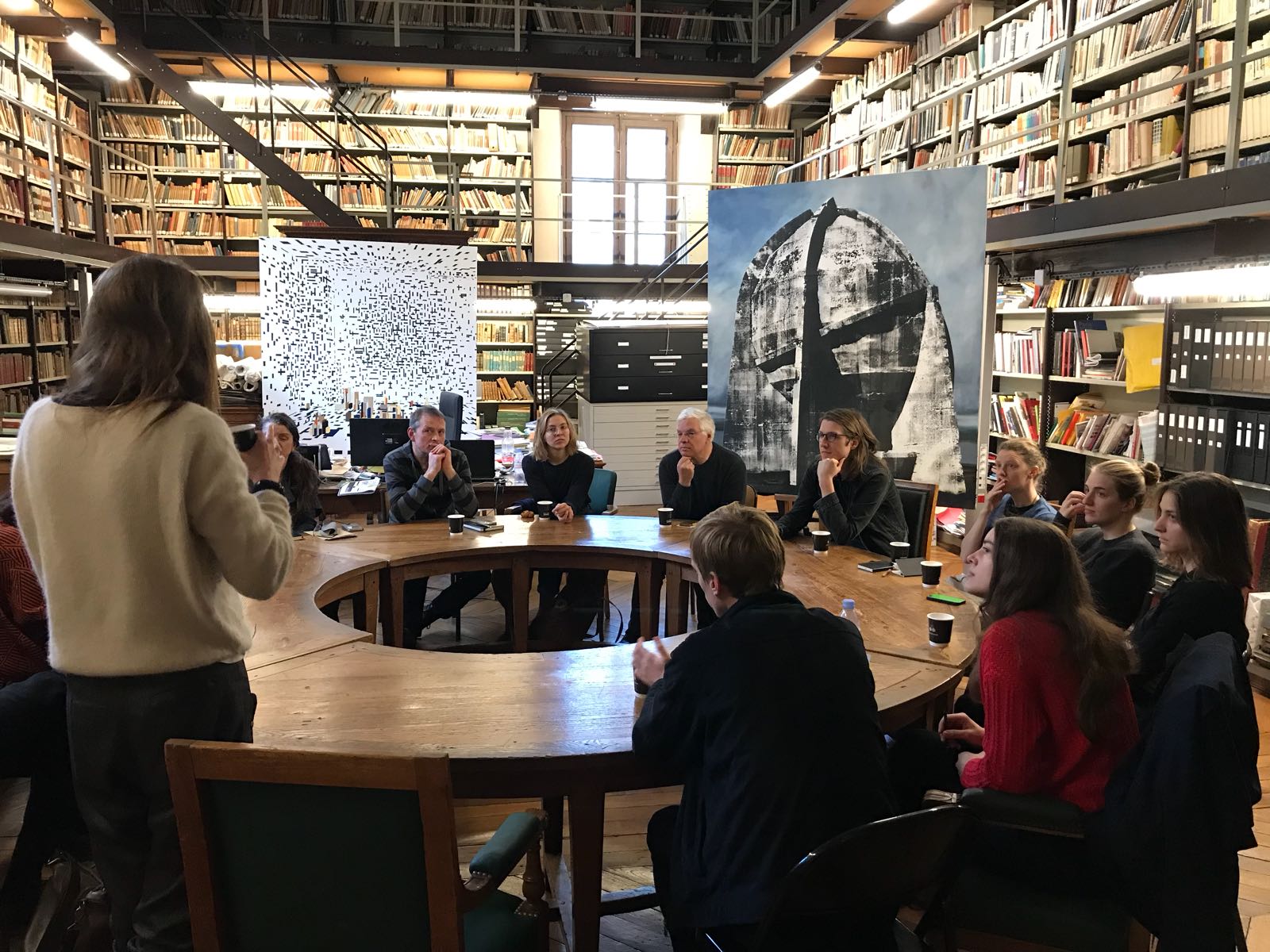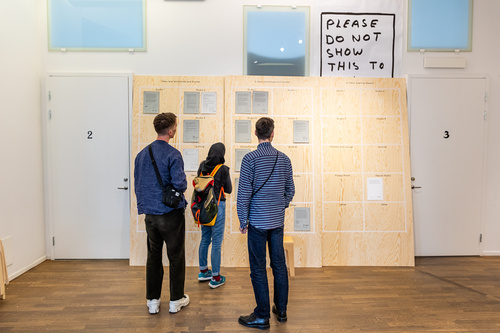
Explicitly or not collective practices determine much of what we do. They are qualified by terms like participation, group, collectivity, ensemble, collaboration, community, cooperation, sharing, assembly, commons, networks. Collective practices exist in all societies and they have a rich yet complex heritage in arts, politics and sciences. Often considered as a strictly human activity, collective practices can also be performed with or by nonhuman entities, such as animals, plants or Artificial Intelligence. How does the current ecological and technological condition affect the way that we live, work and think collectively? Which collective practices foster better understandings and transformation of societal issues?
Initiated in 2019, Collective Practices inquired about the transformation of collective practices with ecology and technology. The inquiry was commissioned by Iaspis as an international forum. 'Collectively' gathered 70 art collectives in a self-organised space for sharing knowledge.
From 2020 to 2022, the inquiry became an international postmaster course and an event series at the Royal Institute of Art, Stockholm. Each year 20 students gathered to inquire about an issue at the intersection of collective practices and ecological thinking: translocal network for mutualisation of knowledge (Collective Practices I: 2020-2021) and symbiotic organisations (Collective Practices II: 2021-2022).
Gregory Castera gave talks on collective practices at Iapis (Stockholm) and Country Salt (Basel).

'Art and Diplomacy', a roundtable curated by Council on the occasion of FIAC 2016. With Franck Leibovici, Julien Seroussi, Jonas Staal, Dana Yahalomi, Valeria Graziano, Christophe Meierhans, 2016, ph. courtesy FIAC

'Ghost Marmalade' a programme of breakfast encounters between hosts and guests of cultural organisations, in collaboration with Cité Internationale des Arts, 2017

'Collectively', a forum on the art of thinking, working and living together, curated by Council, commissioned and hosted by Iaspis, Stockholm, 2019, ph. Jean-Baptiste Béranger for Iaspis
_3.jpg?w=500)
'Collective Practice Research Course', a trans-disciplinary course at KKH, the Royal Institute of Arts, Stockholm, in collaboration with Council
Cover and top image: Collectively a two days event commissioned and hosted by Iaspis, Stockholm, 2019, ph. Jean-Baptiste Béranger © Iaspis